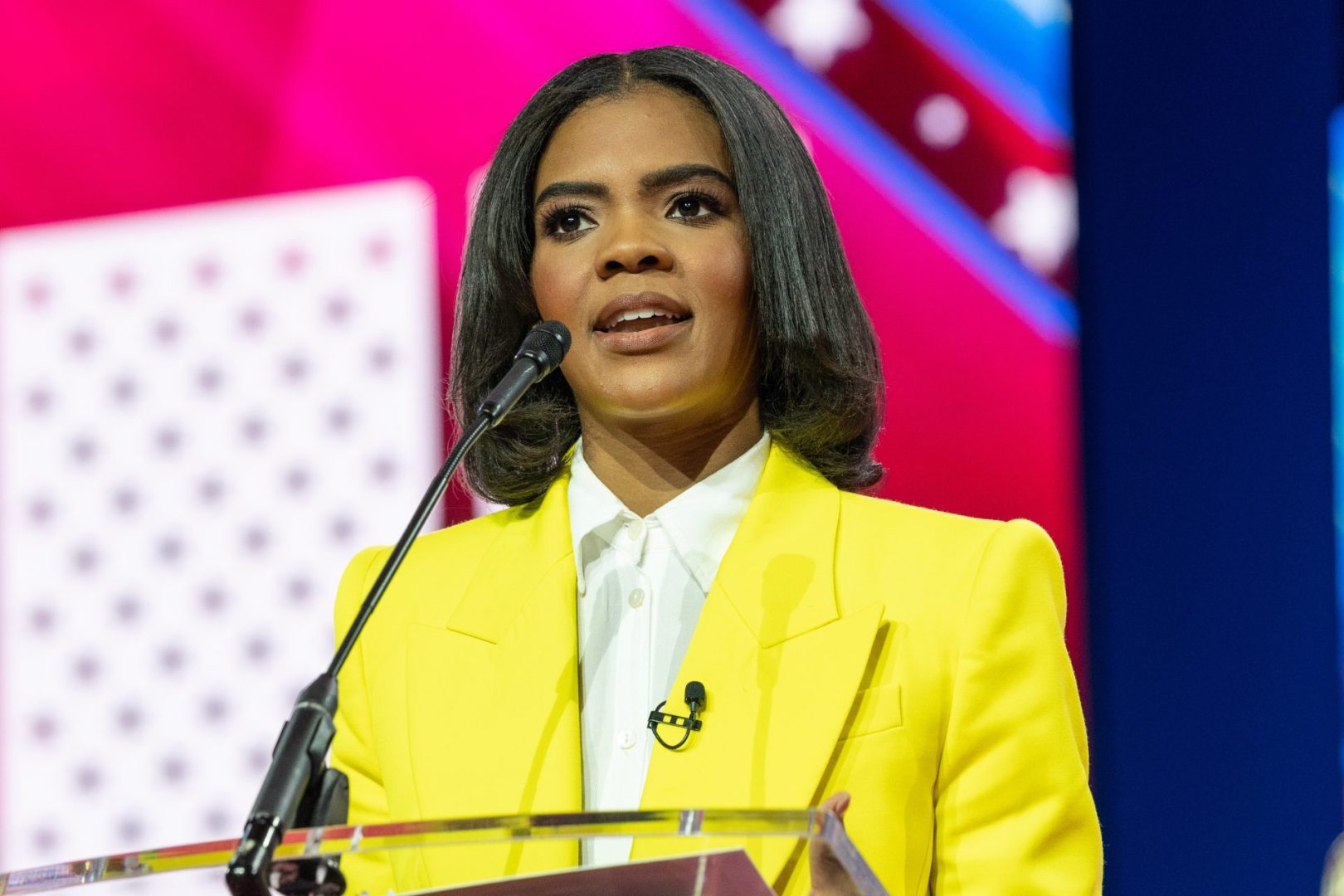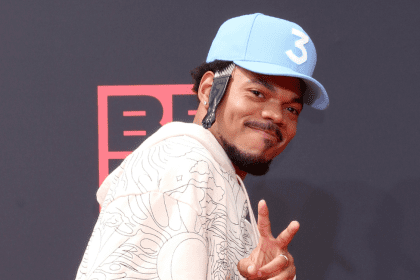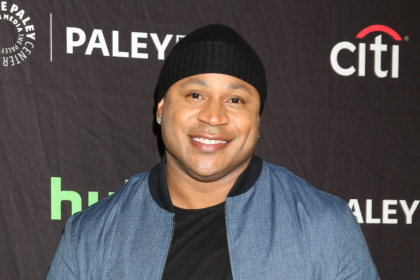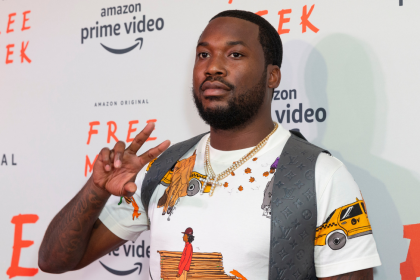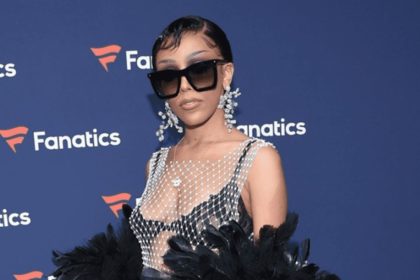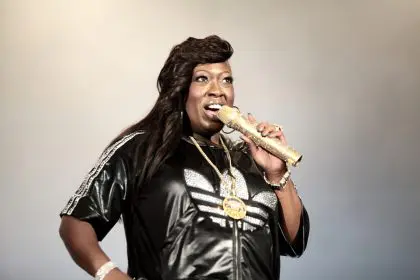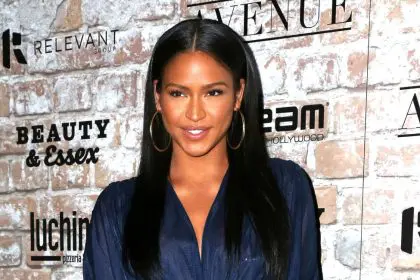In a recent surge of media attention, Candace Owens has found herself at the center of controversy following mentions in Eminem’s latest album, The Death of Slim Shady (Coupe De Grǎce), released on July 12. Eminem’s sharp lyrics in tracks like “Lucifer” and “Bad Ones” have sparked a fiery exchange between the political pundit and the rap icon, highlighting a complex interplay of race, politics, and celebrity dynamics.
Eminem’s lyrical shots
In “Lucifer,” Eminem critiques Owens for her political stances and personal choices, using intense and provocative language. He refers to her as “Klandace” and “Grand Dragon,” critiquing her alignment with certain political groups and her racial identity. Another track, “Bad Ones,” continues this theme, accusing Owens of betraying her racial heritage.
Owens’ retort
Owens responded to Eminem’s lyrics on her podcast, The Candace Owens Show, where she critiqued his career trajectory. She further expressed her disinterest in Eminem’s remarks during an interview with The TMZ Podcast, suggesting that Eminem’s references to her were acts of desperation to remain relevant.
Public and personal reactions
The exchange has not gone unnoticed, with social media and public figures commenting on the feud. Some accuse Owens of overreacting, while others see Eminem’s approach as part of his character’s shock value. Owens herself has used the attention to assert her presence in pop culture, even engaging in banter about the situation in response to a tweet from Andrew Tate.
As the situation unfolds, it remains a poignant example of how cultural figures navigate their platforms and influence, intersecting the worlds of entertainment and political discourse in today’s digital age.

